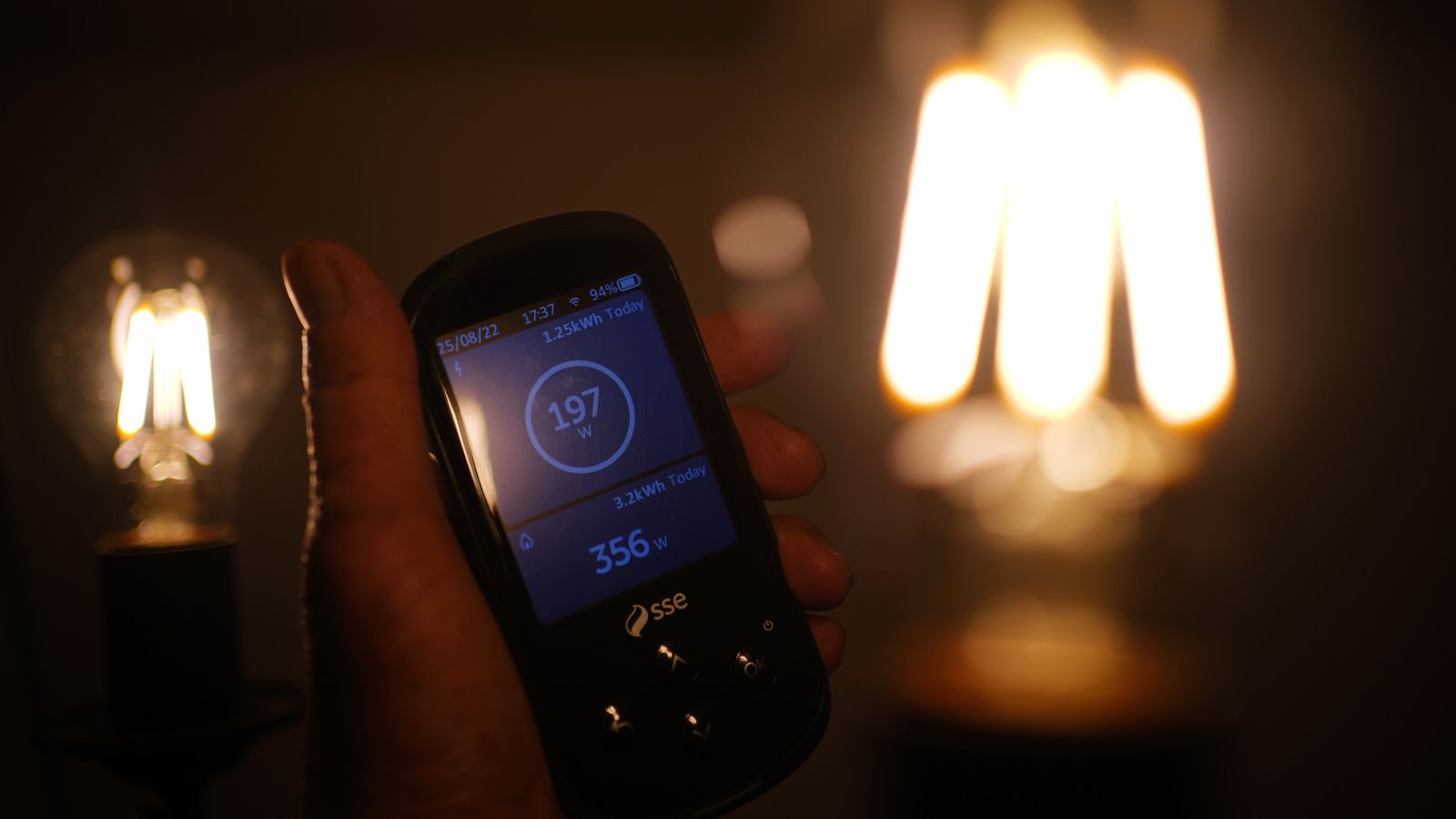National Grid to pay households to use less electricity, as coal-fired power generators put on standby

Plans for energy companies to offer people discounts for cutting their electricity usage have been extended.
Some households with smart meters were eligible for the reductions if they saved energy between 5pm and 6pm on Monday. This was also extended to between 4.30pm and 6pm today.
For the first time, the National Grid ESO (electricity system operator) is activating its “demand flexibility service (DFS)”.
The idea is to moderate demand when it’s at its highest during very cold winter days.
Households with up-to-date smart meters, which are signed up to the scheme via their supplier, can access discounts if they cut their electricity use by turning off energy-intensive appliances during set times.
ESO said it is looking for bids from suppliers to help save up to 341 megawatts of power between 4.30pm and 6pm.
The plan could still be abandoned if weather conditions improve.
Will you be taking part in the Demand Flexibility Service? Tell us about your experience
The scheme reportedly compares usage against a customer’s usual demand and pays £3 for every unit or kilowatt hour (kWh) saved.
Advertisement
It is thought it could reduce household bills by up to £100 over the winter.
The scheme is due to stay in place until March, with 26 suppliers, including Octopus Energy and EDF, supporting it.
Until now, the DFS has only been used in tests.
Read more:
What is the Demand Flexibility Service and how can I save £100 off my energy bill if I sign up?
Check the weather forecast where you are
National Grid ESO said its announcement should not be interpreted as a sign that electricity supplies are at risk.
“People should not be worried,” it tweeted. “These are precautionary measures to maintain the buffer of spare capacity we need.”
The cold weather means more people are heating their homes which increases demand for energy, while a lack of wind has reduced renewable sources.
Three UK coal plants – two at Drax’s site in North Yorkshire and one at West Burton in Nottinghamshire – have been ordered to begin warming up in case they are needed as the cold snap bites.
Craig Dyke, ESO head of national control, told Sky News: “We took the decision over the weekend to warm three coal-fired power stations, just for contingency, so not necessarily to run.
“Just to ensure that as we get through the evening peak today, we can ensure society that there will be electricity for them to use when they want to use it.”